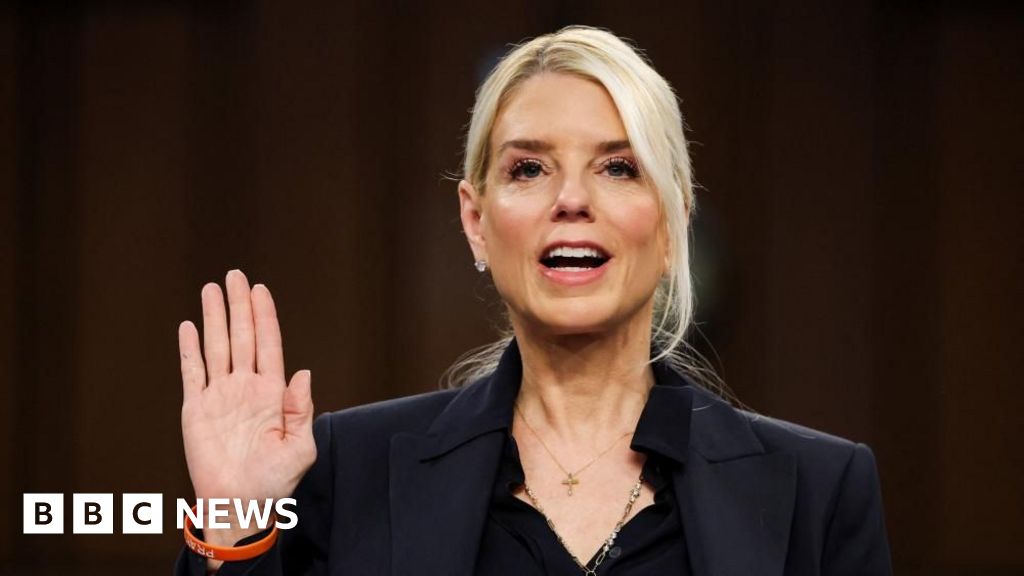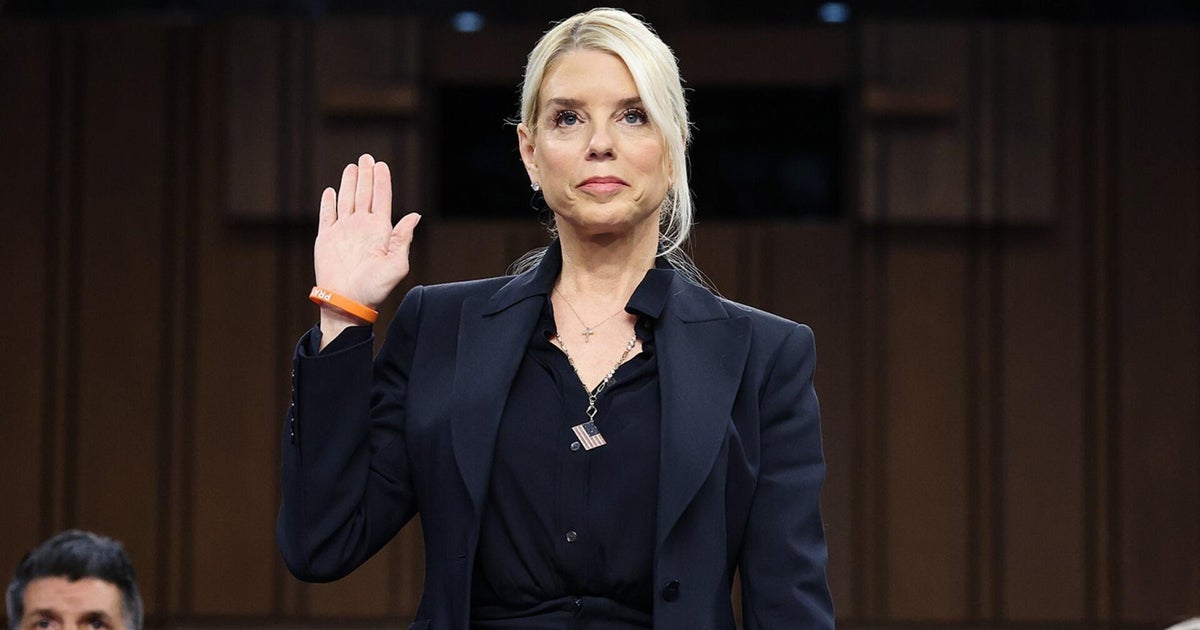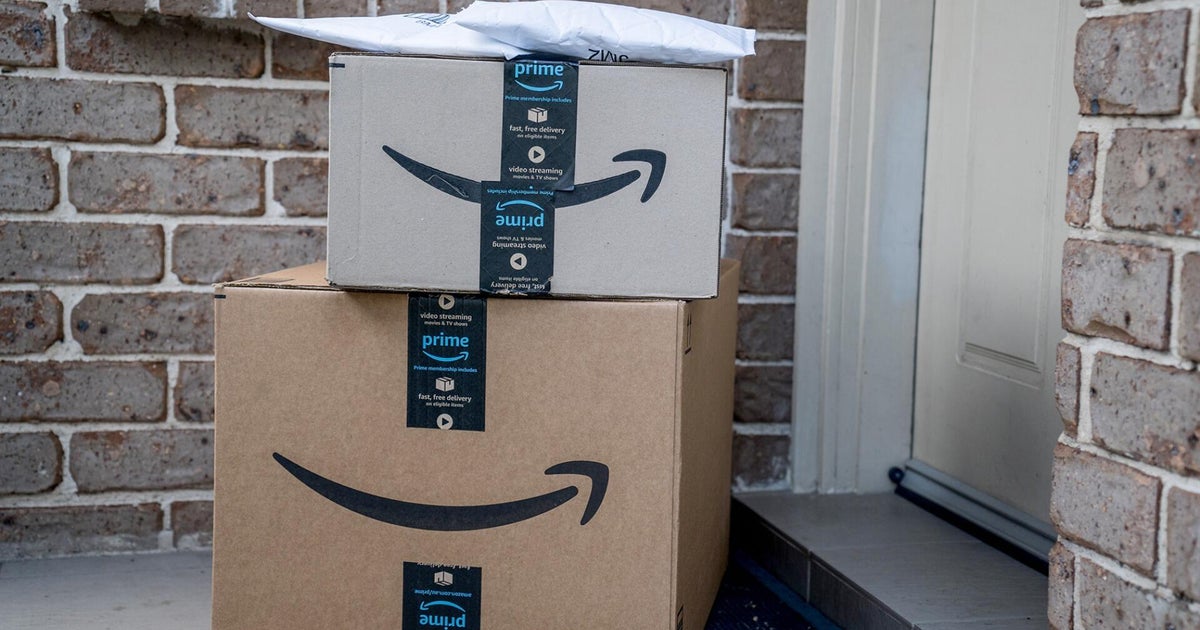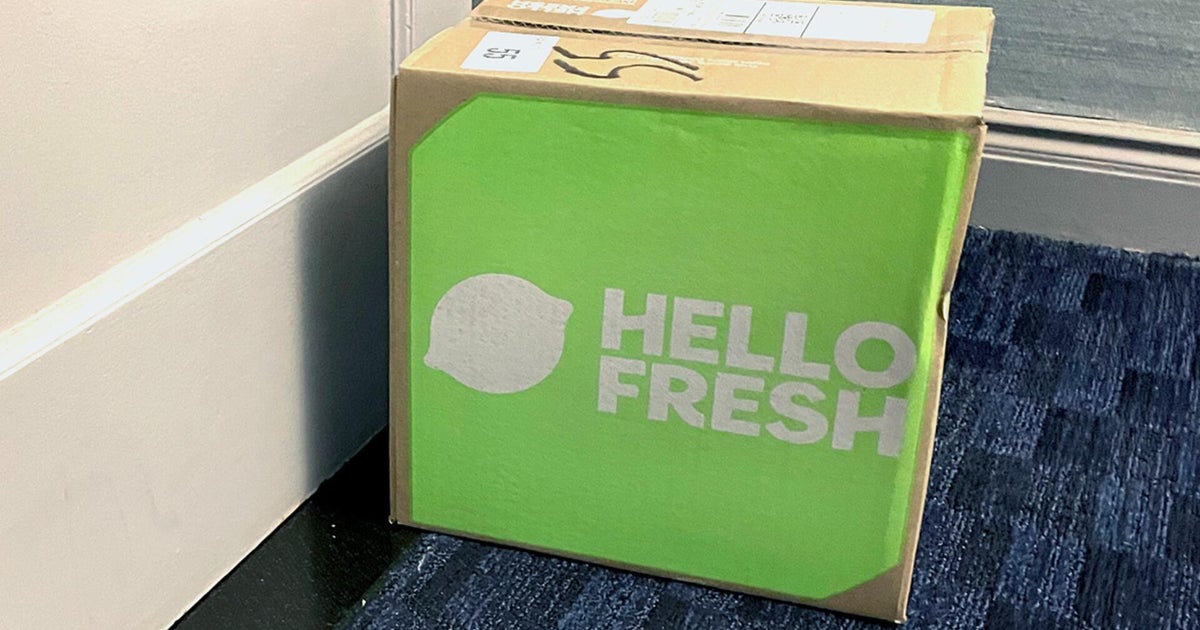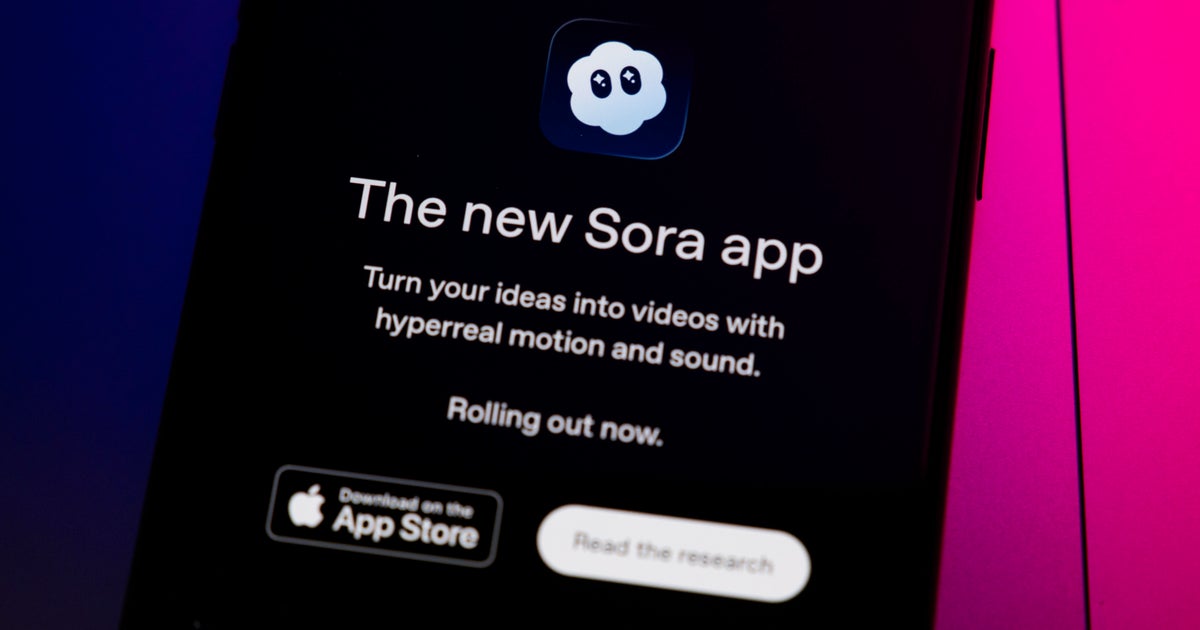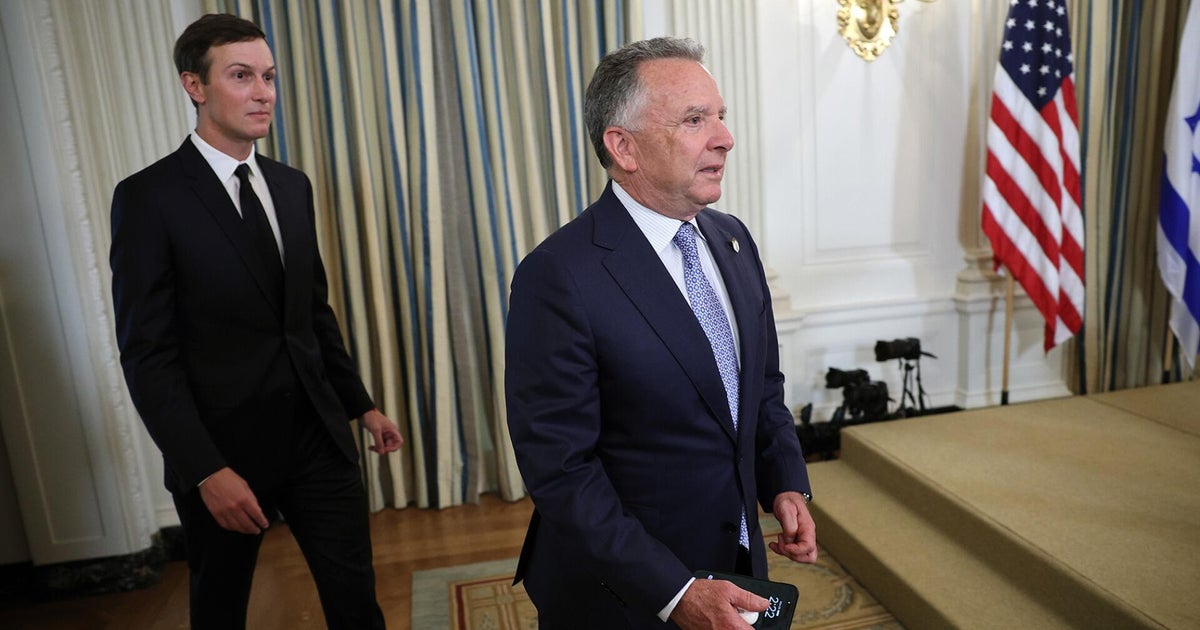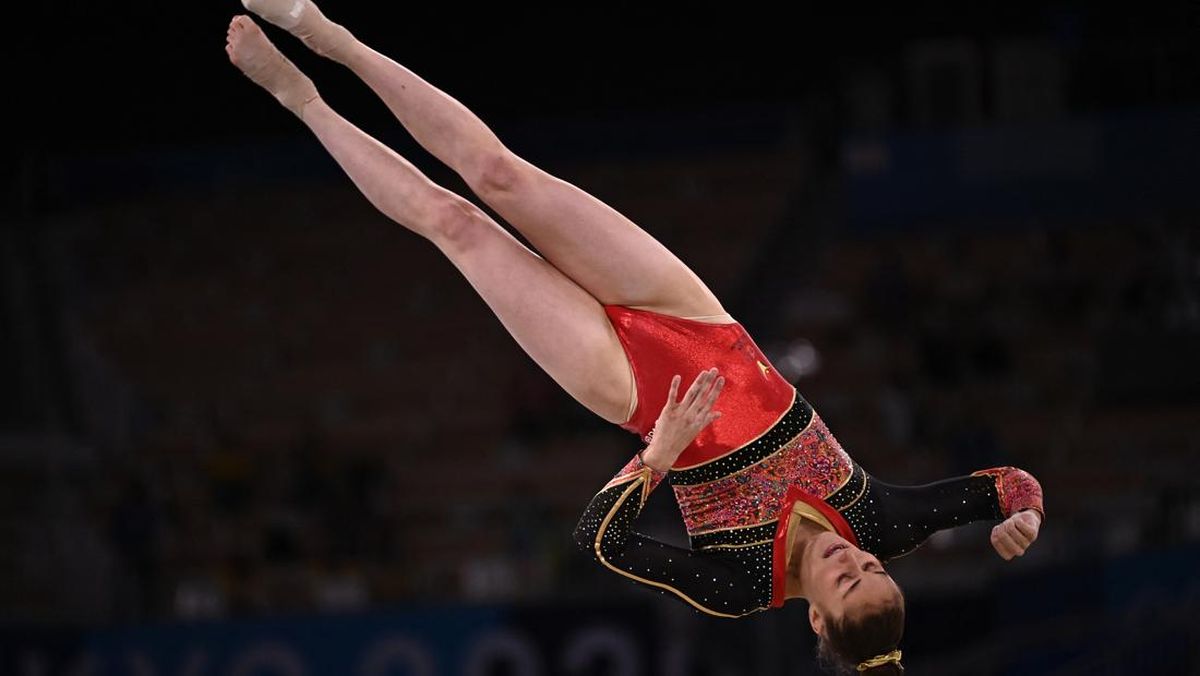By Johan Ahlander
October 8, 2025 — 6.14am
Stockholm: Nobel medicine prize winner Fred Ramsdell thought his wife had spotted a grizzly bear at a campground in Montana when she suddenly let out a yell – only to discover he had won the most coveted award in science.
Ramsdell shared the 2025 award with fellow American scientist Mary Brunkow and Shimon Sakaguchi from Japan for work shedding light on how the immune system spares healthy cells.

Fred Ramsdell was one of the three scientists awarded the Nobel Prize in Medicine or Physiology.Credit: AP
But the Nobel Assembly could not reach him as he was on a camping and hiking trip in the Rocky Mountains with his wife, Laura O’Neill.
“You just won the Nobel Prize!” O’Neill shouted, according to an interview in The New York Times. “No, I didn’t,” said Ramsdell, whose phone had been on flight mode.
But she responded and said, “I have 200 text messages saying that you did!”
They had missed a 2am call from the Nobel committee, the Times reported, along with the congratulations from friends and family. “I certainly didn’t expect to win the Nobel Prize,” he told the Times from a hotel in Montana. “It never crossed my mind.”

Mary E. Brunkow in Seattle after winning a Nobel Prize in medicine.Credit: AP
Thomas Perlmann, secretary-general of the Nobel Assembly at the Karolinska Institute, said it took until Tuesday morning Swedish time before he got to talk to the laureate, who had been completely off-grid when the award was announced the previous day.
Perlmann said Ramsdell and his wife were heading back to their hotel when they stopped to fix something on their car and she switched on her mobile phone and saw the messages.
“They were still in the wild and there are plenty of grizzly bears there, so he was quite worried when she let out a yell,” Perlmann said.
“Fortunately, it was the Nobel Prize. He was very happy and elated.”

Osaka University professor Dr. Shimon Sakaguchi receives flowers on Tuesday after the win.Credit: AP
Nobel announcements have not been without hiccups in the past. Poet and musician Bob Dylan ignored his 2016 Nobel literature prize for weeks, while a 2011 medicine prize was announced only to find that one of the winners had died days before.
The trio won the 2025 Nobel Prize in Physiology or Medicine on Monday for work that creates openings for possible new autoimmune disease and cancer treatments.
Ramsdell is a scientific adviser at Sonoma Biotherapeutics in San Francisco, while Brunkow is senior programme manager at the Institute for Systems Biology in Seattle. Sakaguchi is a professor at Osaka University in Japan.
Their discoveries relate to peripheral immune tolerance, or “how we keep our immune system under control so we can fight all imaginable microbes and still avoid autoimmune disease”, said Marie Wahren-Herlenius, a rheumatology professor at Sweden’s Karolinska Institute, the awarding body.
The institute said all three laureates brought to the fore so-called regulatory T cells, a class of white blood cells that act as the immune system’s security guards that keep immune cells from attacking our own body.
Brunkow found out she had won after being woken by her dog barking at a news photographer on the front porch of her Seattle home.
She said their work had isolated a gene called FOXP3 that could be used as a marker for the cells.
“They’re rare, but powerful, and they’re critical for sort of dampening an immune response,” she said, describing the cells as a braking system that prevents the body’s immune system from tipping over into attacking itself.
Sakaguchi expressed surprise at a press conference in Osaka, Japan, because he felt any major recognition would have depended on more development advances.
“I used to think that some sort of reward may be forthcoming if what we have been doing will advance a little further and it will become more beneficial to people in clinical settings,” he said in a calm voice, cracking a smile now and then.
The press conference was interrupted for Sakaguchi to take a congratulatory phone call from Japanese Prime Minister Shigeru Ishiba, who asked him how effective immunotherapy could be for cancer treatment in the future.
“I believe the time will come when cancer is no longer a scary disease, but a curable one,” Sakaguchi said.
The winners of the award receive a prize of 11 million Swedish crowns ($1.8 million) and a gold medal presented by Sweden’s king.
On Tuesday, three scientists won the Nobel Prize in physics for research on the strange behaviour of subatomic particles called quantum tunnelling that enables the ultra-sensitive measurements achieved by MRI machines and lays the groundwork for better cellphones and faster computers.
The work by John Clarke, Michel H. Devoret and John M. Martinis, who work at American universities, took the seeming contradictions of the subatomic world – where light can be both a wave and a particle and parts of atoms can tunnel through seemingly impenetrable barriers – and applied them in the more traditional physics of digital devices.
The results of their findings are just starting to appear in advanced technology and could pave the way for the development of supercharged computing.
The prize-winning research in the mid-1980s took the subatomic “weirdness of quantum mechanics” and found how those tiny interactions can have real-world applications, said Jonathan Bagger, CEO of the American Physical Society. The experiments were a crucial building block in the fast-developing world of quantum mechanics.
Reuters, AP
Most Viewed in World
Loading






